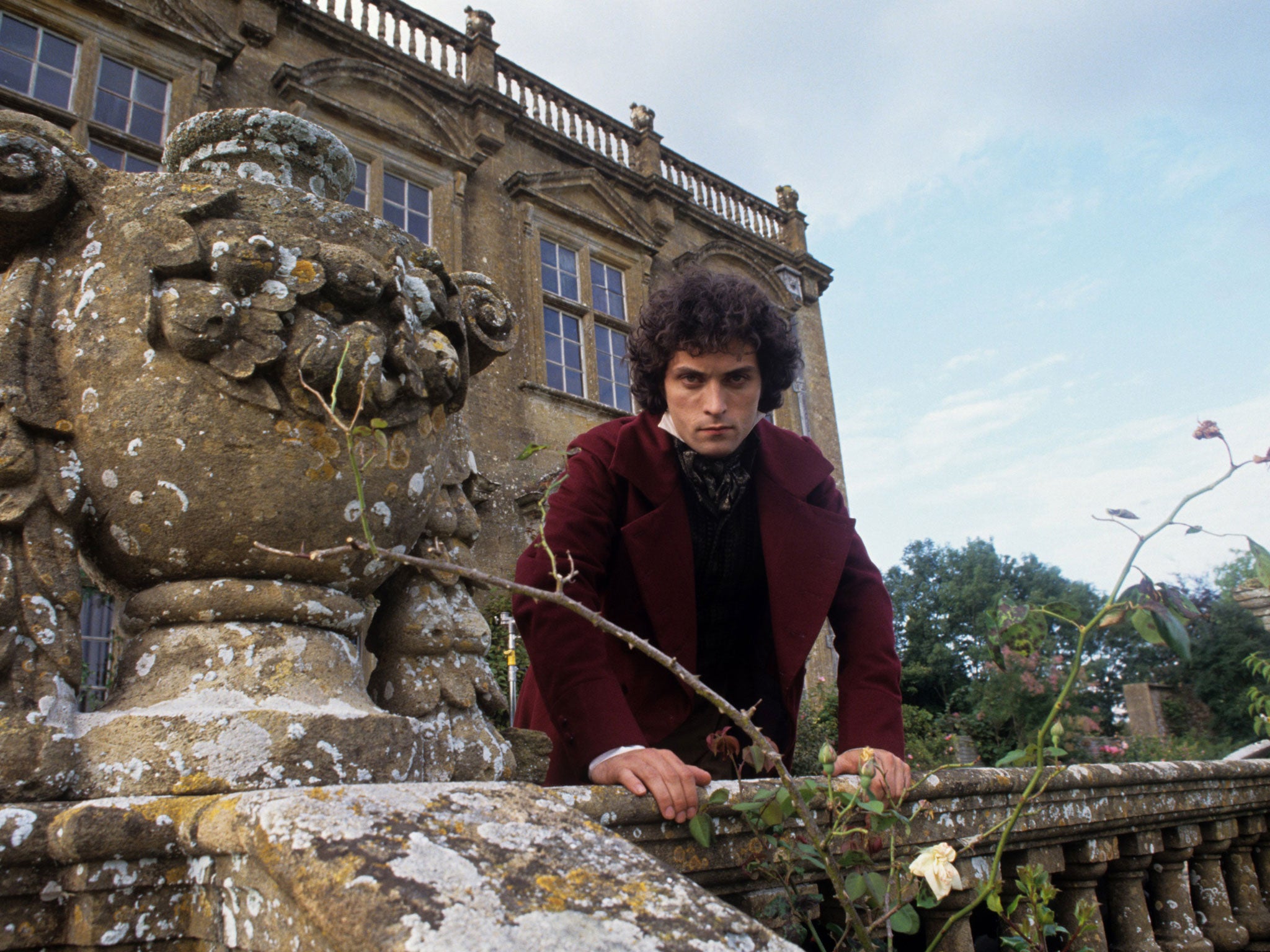Sophie and the Sibyl by Patricia Duncker, book review: Neo-Victorian novel about George Eliot that mixes fact with fiction
The novel is summed up by Duncker as a book that "assaults the 19th century with the sensibility of the 20th"

Patricia Duncker is a novelist who's always tempered her fiction with a heavy dose of fact, and Sophie and the Sibyl is no exception. Indeed, as she admits in the afterword, she has taken particular liberties in this novel, mixing the two "in outrageous ways". It's all the more suggestive and effective for it though.
Berlin, September 1872, and Wolfgang Duncker (yes, Eliot's German publishers really did share their name with the author) introduces his 23-year-old brother Max, his mind "still a little befuddled" from a late night of excess, to one of their house's most lucrative writers. The woman in front of him may be old, liver-spotted, and ugly, but she is the toast, and the talk, of Europe – "considered too scandalous ever to be invited to dinner by respectable English families, all of whom nevertheless read every word she wrote". She is, of course, the notorious Mary Ann Evans, known to all as "Mrs Lewes" having adopted the name of her married lover, George Henry Lewes, though she writes under the male pseudonym George Eliot. Also known as "the Sibyl", she is most definitely as wise, and perhaps as prophetic as her ancient Greek predecessors.
The Sibyl takes an immediate liking to the youngest Duncker, so, thinking to kill two birds with one stone – to tear his brother away from the brothels and gambling tables of the city; and to keep in with their most valued client – Wolfgang sends Max to the spa town of Homburg to entertain Mrs Lewes.
Rather conveniently, also staying in the town is Sophie von Hahn, Max's intended bride-to-be (if she'll ever "stand still long enough to listen to a marriage proposal" that is): young, beautiful, rich, and headstrong. Two ostensibly different women (though perhaps closer in character than they each know) both captivate Max and he finds himself torn between them.
This neo-Victorian novel (summed up by Duncker herself as those books that "assault the 19th century with the sensibility of the 20th") takes its lead from John Fowles' postmodern classic The French Lieutenant's Woman – Duncker's (female) narrator sits in a position of omniscient authority in the present day, though recounts these Victorian goings-on in a manner and tone echoing that of Eliot's own novels.
Further mischief – I can't say "confusion" for her tricks delight rather than bewilder – arises from the potent blend of fact and fiction that Duncker concocts with a glorious abandon as the details of the final decade of Eliot's life – at least that have made it into historical record – are combined with the author's fictional creations. Which author? I hear you ask. Here, Duncker plays something of a wildcard as she brings some of the puppets that inhabit the pages of Eliot's Daniel Deronda to life, though whether the resemblance between Gwendolen Harleth and Sophie von Hahn is really as striking as the latter assumes is anyone's guess. The plot thickens, the layers of metafiction deepen, but all the while Duncker manages to unfurl a novel the structure of which is never baggy or wanting. It's a feat of design and engineering as much as an exhibition of literary pyrotechnics.
This time last year we were treated to Rebecca Mead's captivating biography/memoir/literary criticism cocktail The Road to Middlemarch: My Life With George Eliot. Clearly there's something about Eliot, that stalwart of Victorian realism, that inspires the most dynamic and compelling of contemporary literary endeavours; and, perhaps, the most revealing too. As we're reminded towards the beginning of Sophie and the Sibyl, "History readily translated itself into myth; but this did not mean that these fabulous tales were therefore less accurate or revealing."
Subscribe to Independent Premium to bookmark this article
Want to bookmark your favourite articles and stories to read or reference later? Start your Independent Premium subscription today.

Join our commenting forum
Join thought-provoking conversations, follow other Independent readers and see their replies